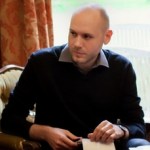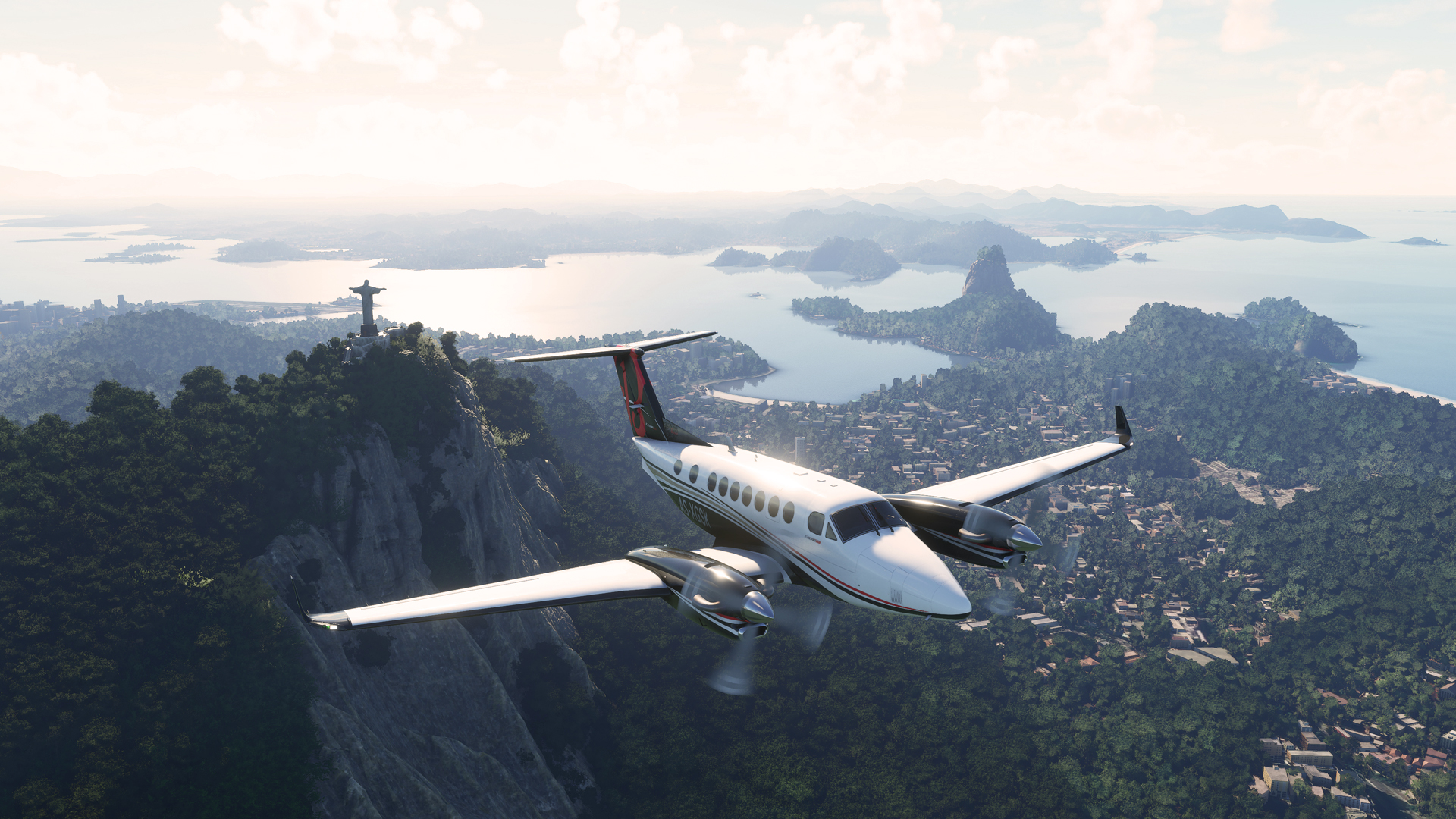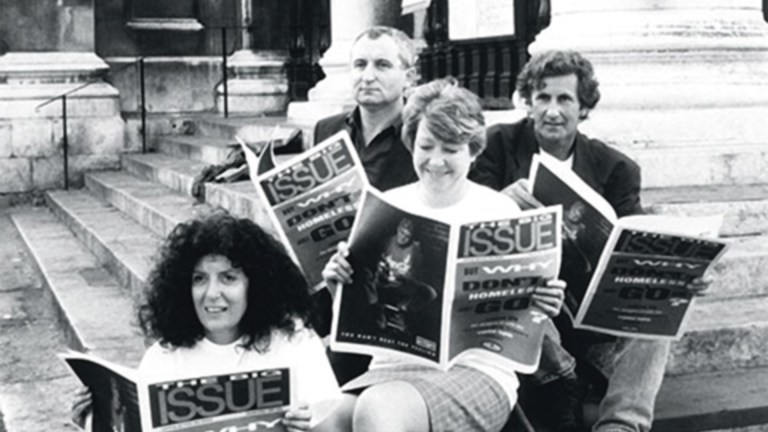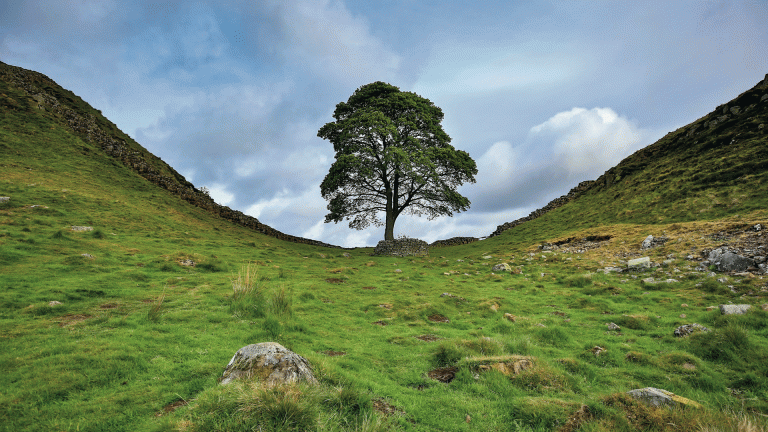“Welcome aboard flight TBI 1473…”
I’ve been flying a lot lately. For escapism in lockdown I bought an Xbox, and they’ve just added Microsoft Flight Simulator to their Netflix-like subscription service.
I’ve chased the shadow of my plane across the pyramids, flown over the crater of Vesuvius, splashed down on Bora Bora just short of the runway and taken in my hometown from the cockpit of a 747.
Many of us won’t be jetting off on summer holidays but besides the beaches, menus with pictures, traffic driving on the wrong side and finding out how long it takes to get through immigration as an ex-EU citizen, it’s that voice I miss most.
There must be special classes at flying school to make pilots sound the way they do. They tell us the cruising altitude of the plane, journey time, temperature at the destination in a tone so relaxed and nonchalant. Unflappable at the flaps. It shouldn’t be reassuring but it is.
In The Right Stuff, Tom Wolfe’s definitive history of the early days of the space race, he identifies the origin of pilot-speak. Aviation pioneer Chuck Yeager had more stuff than anybody else. He was the first to break the sound barrier in the days where test pilots had an average life expectancy of weeks. (He died, aged 97 last December.)











